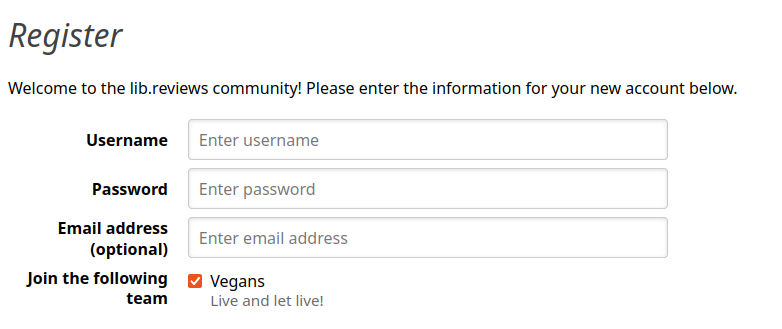The lib.reviews codebase is now fully in TypeScript. But notice how the title doesn’t say “Goodbye, JavaScript!”. That’s because TypeScript is, of course, transpiled to JavaScript on the client and the server. So, lib.reviews is still fundamentally a JavaScript codebase, just one that’s statically typed.
In a nutshell, TypeScript makes it easier to avoid common mistakes in programming — e.g., situations where you’re passing a garbage value to some function that’s expected to do important work. Instead of just letting you run the code (resulting in unpredictable behavior or errors), TypeScript will yell at you and say: “Wait, that value could be garbage. Are you sure that’s what you meant to do?”
But all of that happens before you build the project. The version that the user (you) ends up running is just pure JavaScript again.
This was not quite as heavy a lift as the PostgreSQL migration, but it still had to be structured into two phases. First, we converted the codebase to the ECMAScript Module standard. Any application that’s more than a single file has to worry about how it loads the files it depends on; ESM is the modern method for doing that. It avoids many pitfalls of the older CommonJS standard, and it works both in browsers and in Node.js, which makes for some nice consistency.
While TypeScript doesn’t strictly depend on ESM, a lot of the current tooling in the JavaScript ecosystem is built around it. So it made sense to take care of this migration first.
Then came the TypeScript migration itself — which was mostly a matter of, one file at a time, spelling out exactly how each function or class is supposed to behave.
Although the code is now fully TypeScript, there are still improvements to be made for it to pass strict validation. Here’s what’s next:
-
Adding a code formatter and linter (likely Biome, replacing historical eslint usage). This will help ensure the codebase is consistently formatted, and will catch other common coding issues.
-
Re-architecting the data access layer. This is what connects us to PostgreSQL. While the first version of the DAL works well enough, the bootstrap logic is needlessly complicated, and it is not designed with static typing in mind.
-
Auditing remaining TypeScript validation issues and ensuring we use correct types wherever possible.
Once all this modernization work is done, we’ll be in a good place to start adding features again. As always, please let us know about any new issues that may crop up.
